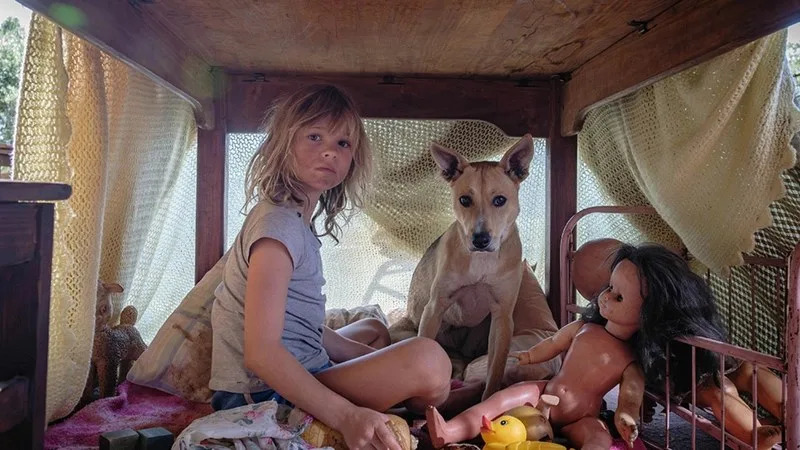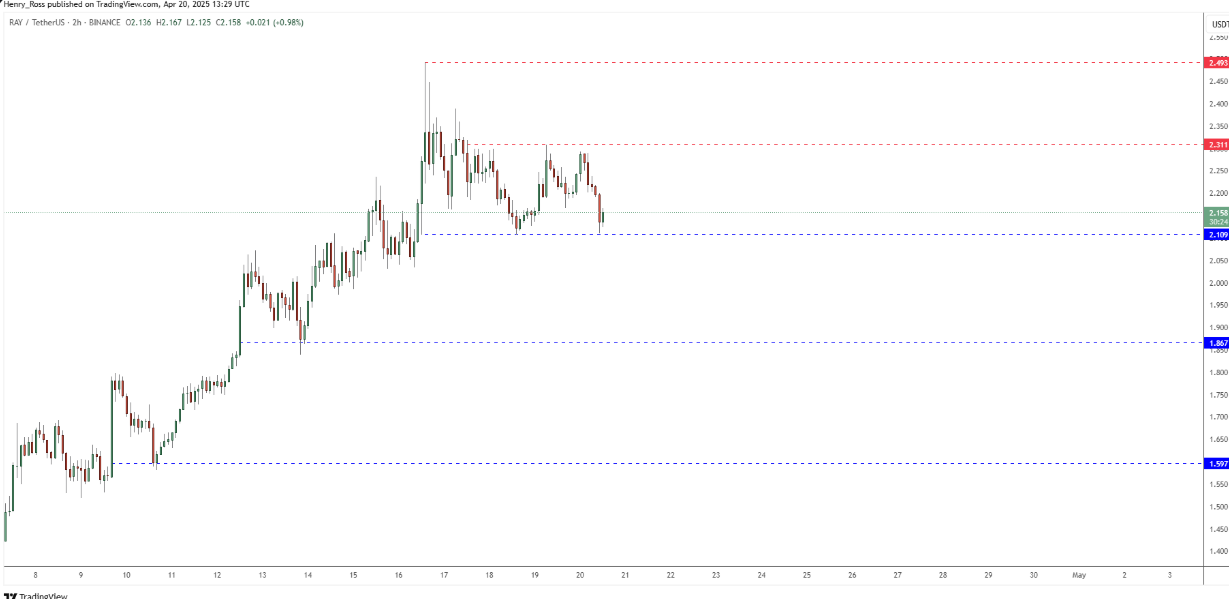‘Don’t Let’s Go to the Dogs Tonight’ Review: Embeth Davidtz’s Personal Wartime Story Boasts a Beyond-Her-Years Child Star

A film told from the rose-colored binoculars of an inquisitive child’s perspective would never work without a strong child actor to anchor it. Enter Lexi Venter, the first-time performer Embeth Davidtz discovered for her feature debut, “Don’t Let’s Go to the Dogs Tonight,” an adaptation of Alexandra Fuller’s 2001 memoir of a hardscrabble life as the youngest of a white Zimbabwean family living in civil-war-torn Rhodesia in the 1980s.
Davidtz told IndieWire she needed “a wild, untrained, feral, spontaneous creature” for her lead, and after working with a casting director who scouts for child reality could-be stars, she found Venter, who is a true revelation as Bobo. (As tired a prescriptive cliche as “revelation” may be to criticism around a debut actor.) Venter’s performance, with a wild-eyedness that both captures Bobo’s naivete as well as the fact that she has grown up too fast and seen all too much, is the emotional anchor of Davidtz’s personal tale.
More from IndieWire
Tom Holland Calls Christopher Nolan's 'Odyssey' the 'Job of a Lifetime,' Promises a Movie 'Unlike Anything We've Ever Seen'
Luca Guadagnino's OpenAI Movie Will Depict Elon Musk: He's 'Not So Bad, as Far as Dictators Go,' Says the Script - Report
AdvertisementAdvertisement#«R15e4kr8lb2m7nfddbH1» iframe AdvertisementAdvertisement#«R25e4kr8lb2m7nfddbH1» iframeThe “Schindler’s List,” “Matilda,” and “Mad Men” star moved to South Africa around the same age as Bobo/Fuller, similarly observing casual and not-so-casual racism and violence as farm girl Bobo does in Rhodesia (now Zimbabwe). Davidtz approaches the material not from an ethnographic or anthropological vantage — she’s now, of course, a privileged woman who’s brushed with Hollywood — but an eye-level emotional clarity. Despite its tongue-twister of a title, “Don’t Let’s Go to the Dogs Tonight” is never confused on its journey toward an emotional impact.
As Fuller’s award-winning memoir exists as a collection of memories, so too does the film “Don’t Let’s Go to the Dogs Tonight” unfold impressionistically, Bobo catching observations of her prejudiced, alcoholic mother Nicola (Davidtz) and distant, soldier father Tim (Rob Van Vuuren) through gauzy curtains, under tables and bedsheets, the adults around her looming tall from her tiny frame of view.
Free-flowing “Days of Heaven”-esque narration courtesy of Fuller’s text is read by Vinter in voiceover, occasionally muddling whether the words are supposed to be from Bobo as a young girl (Venter is seven years old) or an older, wiser Fuller. It’s a poetic, if disorienting, swirl of both. At one point, Bobo spies Nicola and Tim having giddy, delirious sex after he’s returned from the hazardous bush, where he’s been gunning down guerrilla fighters (“they’re laughing and drinking brandy while moving furniture with their clothes off”). At another, after her father has left the farm yet again without saying goodbye, she realizes, “We are women without men now, which is a bad state of affairs.”
Bobo, disheveled and barefoot with unkempt hair, runs amok on the family’s dilapidated Rhodesian grounds, cinematographer Willie Nel’s camera keeping close behind her or even inhabiting her viewpoint. The film has a restless energy to match, with a rock soundtrack and a searching, handheld lens that goes as in and out of focus as Bobo’s grasp on her world does.
AdvertisementAdvertisement#«R1be4kr8lb2m7nfddbH1» iframe AdvertisementAdvertisement#«R2be4kr8lb2m7nfddbH1» iframeNicola, meanwhile, sleeps with an assault rifle when she’s not dazed in a hangover after another night (or early afternoon) of heavy boozing, and her mother’s racist vitriol toward the servants on the farm and lingerers around it are ones Bobo copies back to the one she’s closest to, Sarah (Zikhona Bali). Davidtz’s observations about how racism is often hereditary are the throughline that makes “Don’t Let’s Go to the Dogs Tonight” a movie about children but not necessarily for them. Though rooting that intention in the eyes of a white child threatens to come at the dismissal of the Black Africans more directly affected.
Meanwhile, Bobo’s older sister Vanessa (Anina Reed) is subject to the leering eyes and grabby hands of white men in the Rhodesian outpost, where raucous dance nights send Nicola drunkenly, coquettishly twirling into the arms of others while her husband is away, her children left dangerously to fend for themselves. Davidtz’s performance is raw-emotioned — the strain of having only three hours a day for production in South Africa due to child labor restrictions (per Anne Thompson’s IndieWire reporting) might have inadvertently made for a more distressed turn in front of the camera, and it’s effective. What’s fascinating about “Don’t Let’s Go to the Dogs Tonight” being told from a child’s eye is how that very eye never renders the adults in more childlike terms: Bobo sees and understands these people as an adult would.
Hovering on the horizon is the impending election that would turn Rhodesia into Zimbabwe, as African nationalists attempted to distance themselves from white colonial rule. With that tidal wave of a change is the inevitability that Tim will sell their farm. Davidtz’s film ends where Fuller’s memoir continued — what happened to her family after they left Rhodesia/Zimbabwe for East Africa — less limiting the perspective than whittling the material down to a workable, sizable story. The grand takeaway is Venter’s astonishing turn. That kid’s got a future, and it began with a filmmaker who knew how to direct her: with patient energy while also encouraging the freedom to play and seek and explore as Bobo does within her little big world.
Grade: B
“Don’t Let’s Go to the Dogs Tonight” opens from Sony Pictures Classics on Friday, July 11.
AdvertisementAdvertisement#«R1he4kr8lb2m7nfddbH1» iframe AdvertisementAdvertisement#«R2he4kr8lb2m7nfddbH1» iframeWant to stay up to date on IndieWire’s filmreviewsand critical thoughts?Subscribe hereto our newly launched newsletter, In Review by David Ehrlich, in which our Chief Film Critic and Head Reviews Editor rounds up the best new reviews and streaming picks along with some exclusive musings —all only available to subscribers.
Best of IndieWire
The 25 Best Alfred Hitchcock Movies, Ranked
Every IndieWire TV Review from 2020, Ranked by Grade from Best to Worst
Sign up for Indiewire's Newsletter. For the latest news, follow us on Facebook, Twitter, and Instagram.













